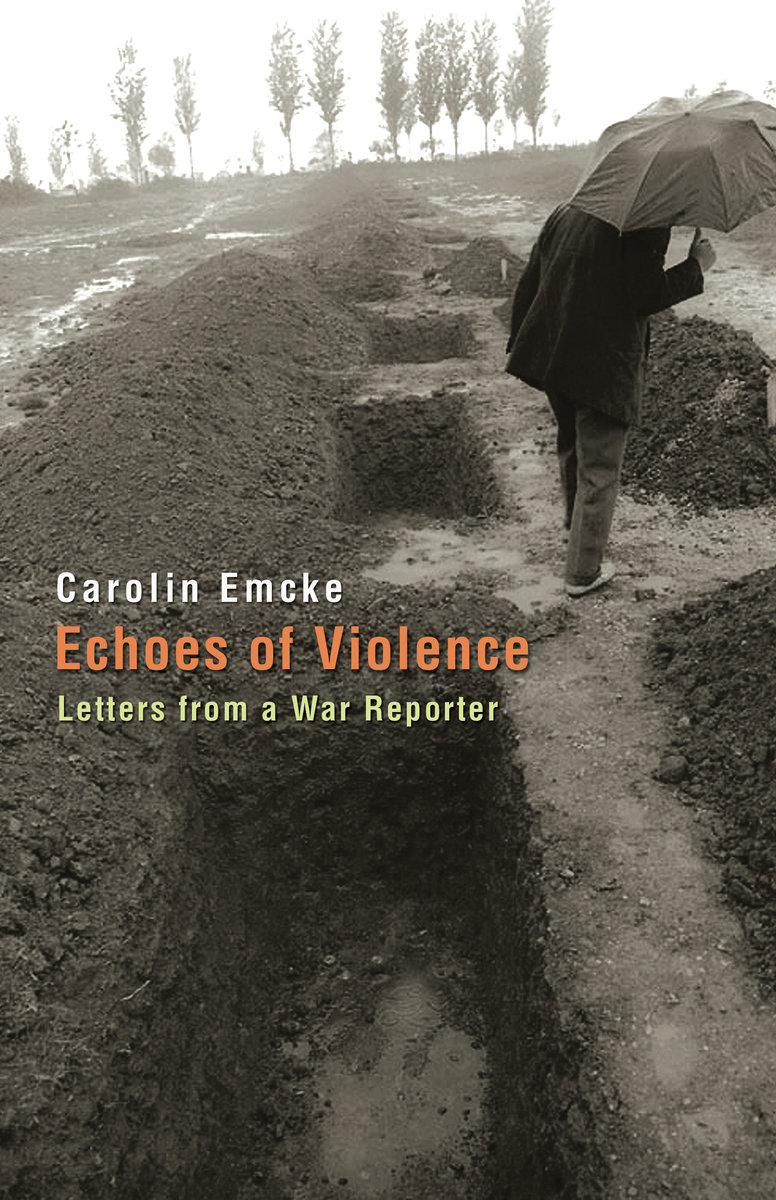"Nobody I ever met on my assignments . . . asked me for direct, practical help. . . . But over and over again people have asked me: 'Will you write this down?' "--Echoes of Violence
?
Echoes of Violence is an award-winning collection of personal letters to friends from a foreign correspondent who is trying to understand what she witnessed during the iconic human disasters of our time--in Iraq, Lebanon, Afghanistan, and New York City on September 11th, among many other places. Originally addressing only a small group of friends, Carolin Emcke started the first letter after returning from Kosovo, where she saw the aftermath of ethnic cleansing in 1999. She began writing to overcome her speechlessness about the horrors of war and her own sense of failure as a reporter. Eventually, writing a letter became a ritual Emcke performed following her return from each nightmare she experienced. First published in 2004 to great acclaim, Echoes of Violence in 2005 was named German political book of the year and was a finalist for the international Lettre-Ulysses award for the art of reportage.
Combining narrative with philosophic reflection, Emcke describes wars and human rights abuses around the world--the suffering of civilians caught between warring factions in Colombia, the heartbreaking plight of homeless orphans in Romania, and the near-slavery of garment workers in Nicaragua. Freed in the letters from journalistic conventions that would obscure her presence as a witness, Emcke probes the abyss of violence and explores the scars it leaves on landscapes external and internal.


